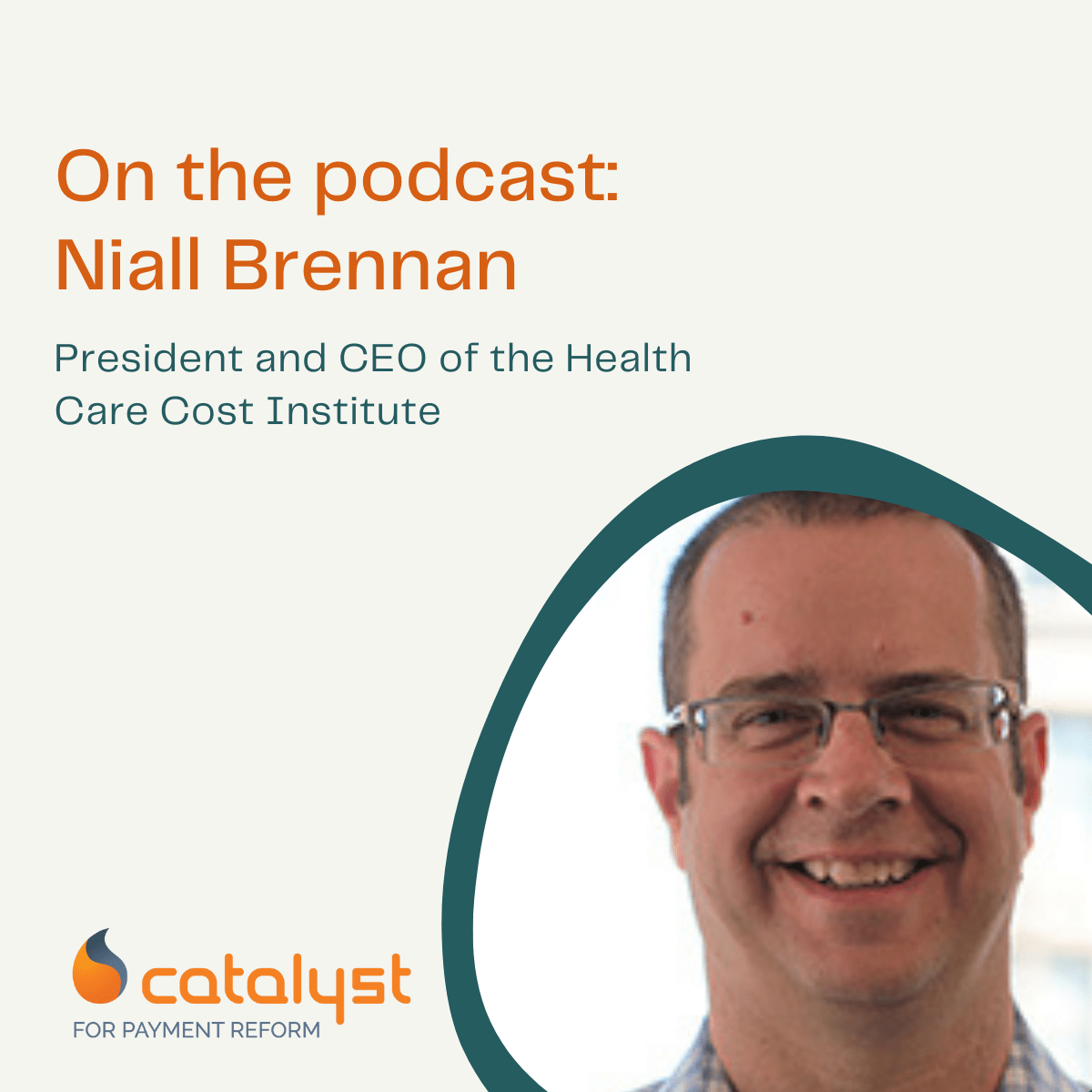
Has Price Inflation Got Your Attention? Carpe Diem!
On February 10, 2022 price inflation jumped by 7.5% over the past 12 months, its highest annual increase in 40 years. For employers and other health care purchasers that monitor their claims cost and utilization data religiously (who doesn’t?), this news prompts questions from purchasers about how inflation will impact their future health care spend.







